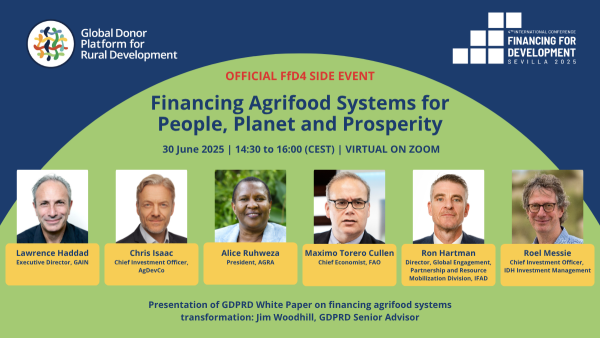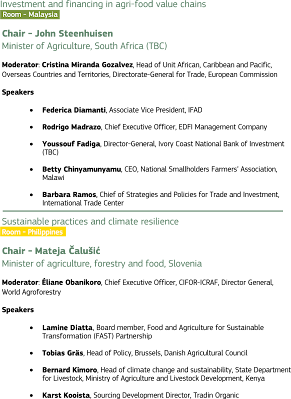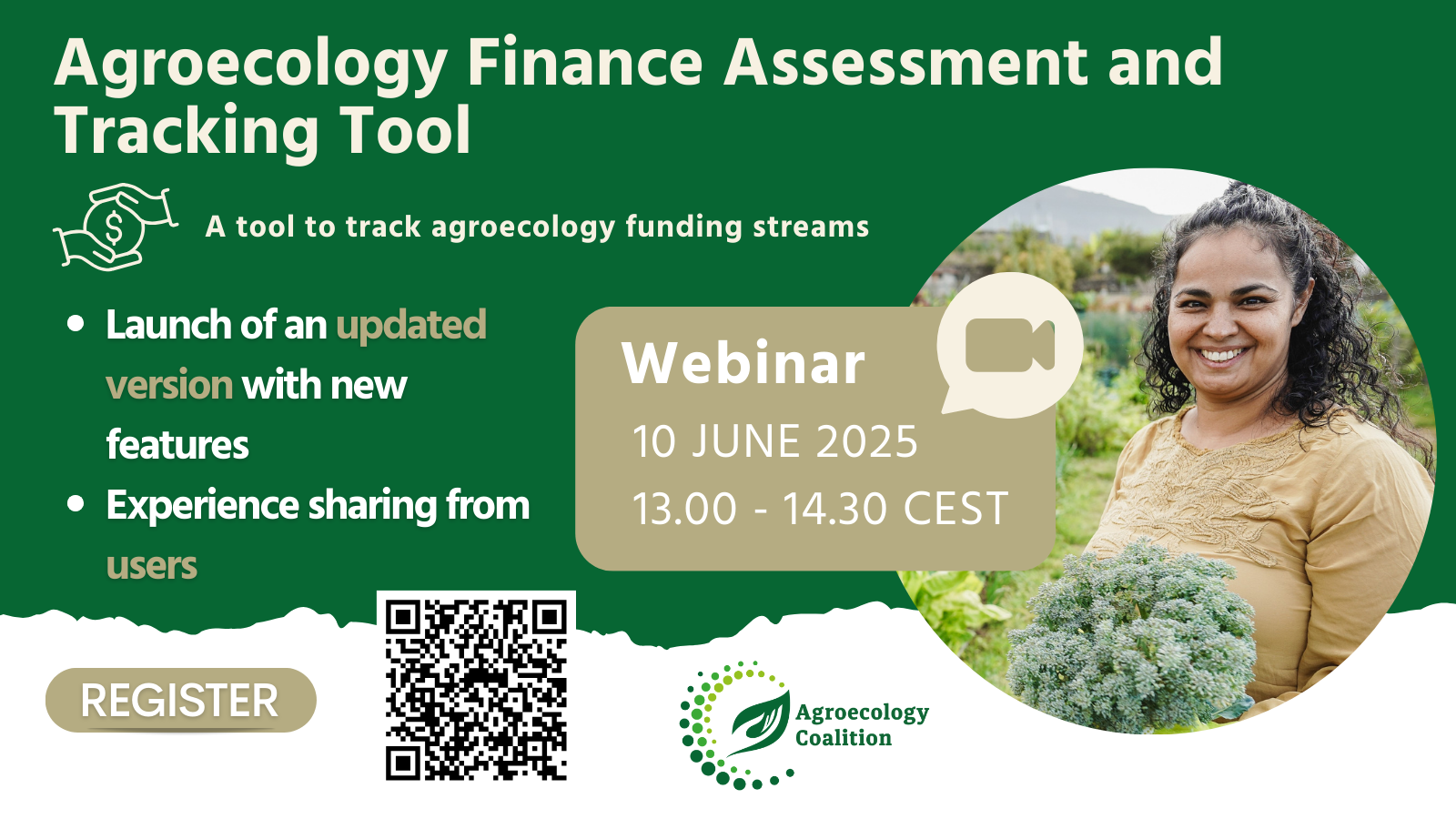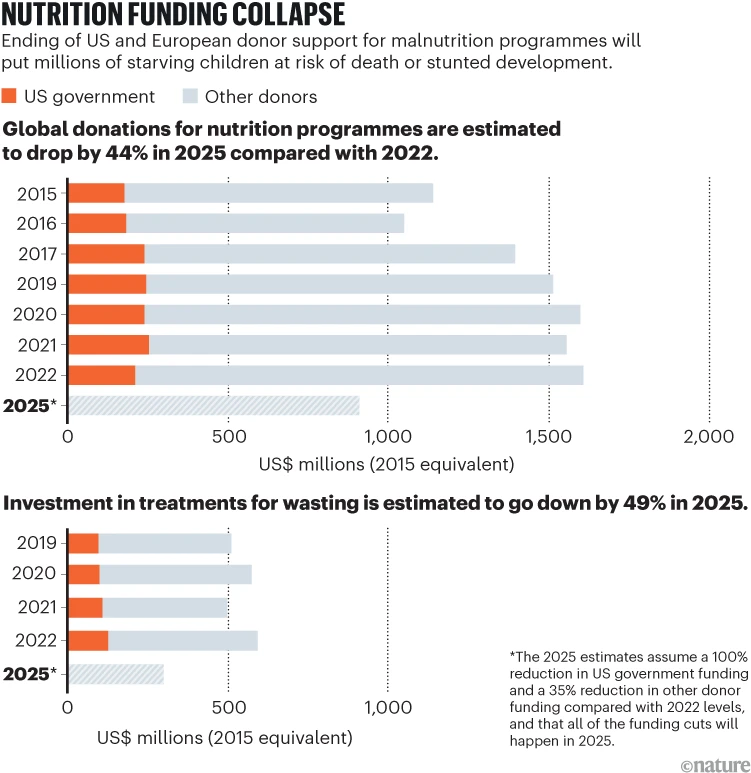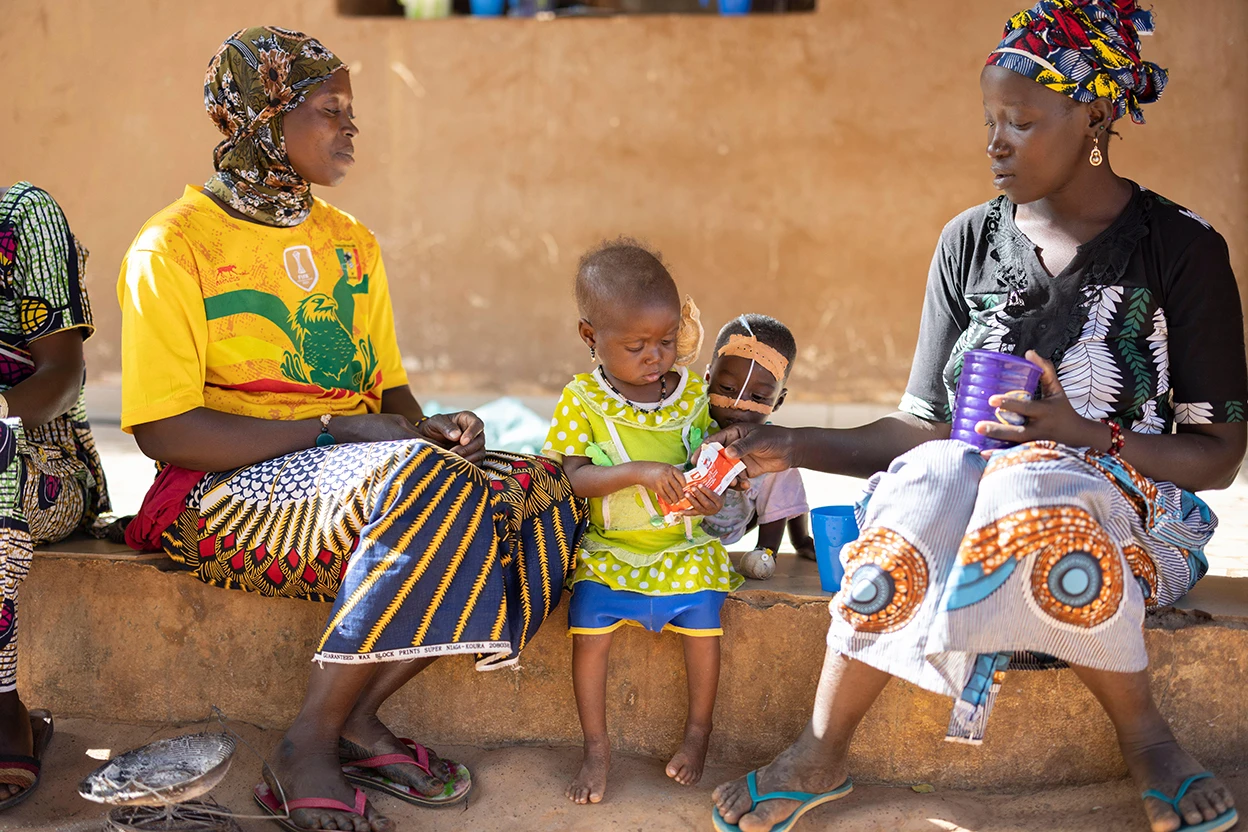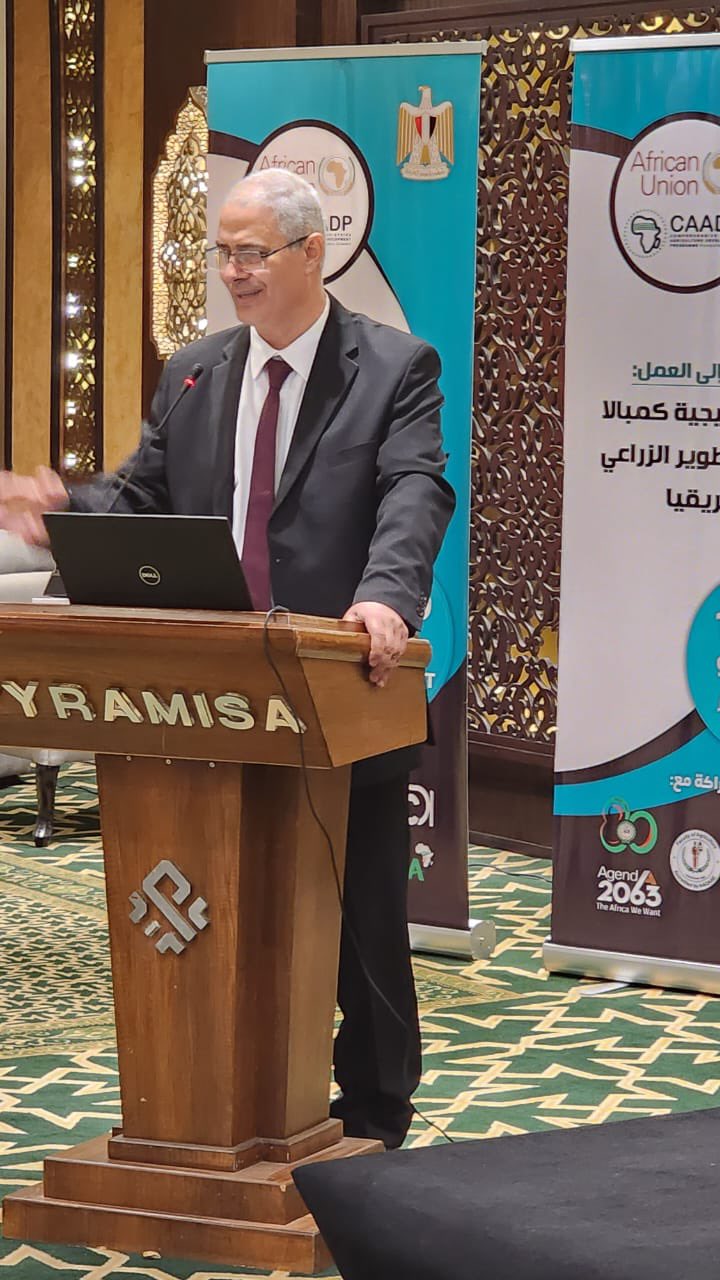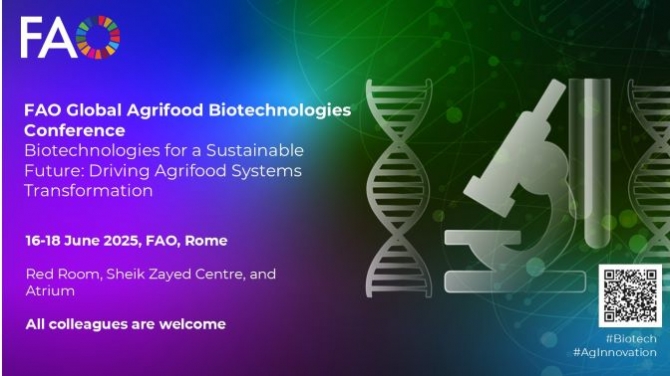With the backdrop of FAO’s 80th anniversary, members are debating critical global agrifood issues—including reshaping policy frameworks, adopting a medium-term plan, and endorsing a biennial theme on innovation for food security.
Director-General Qu Dongyu’s opening call emphasized the urgency of transforming food systems through collective action, efficiency, and partnerships to address intertwined challenges like hunger, environmental sustainability, and resilient agriculture. Highlights of the session included the inaugural Treaty Ceremony, where Member States can deposit instruments for treaties on fisheries, plant protection, animal health and more
Extracts of the program
30/06. South-South cooperation for food and nutrition security
30/06 Driving change: Youth in Action for agrifood systems transformation
- See the recording
- Youth Panel I: From Global Policy to Local Action – Youth Driving Change
- Youth Panel II: Nurturing youth-led solutions for agrifood systems transformation
02/07 Crop diversity for global food security and nutrition
FAO under the auspices of its Commission on Genetic Resources for Food and Agriculture and in collaboration with the International Treaty on Plant Genetic Resources for Food and Agriculture, has recently published The Third Report on the State of the World’s Plant Genetic Resources for Food and Agriculture (Third Report). The Third Report, prepared by FAO’s Plant Production and Protection Division, provides an assessment of the global status and trends of the conservation and use of PGRFA from 2011 to 2022 based on data provided by 128 Member Countries and 17 international and regional centres. The themes covered by the Third Report are in situ conservation and on-farm management.
Resource:
FAO (2025) The Third Report on the State of the World’s Plant Genetic Resources for Food and Agriculture # 374 pp.
Based on information from 128 countries and four regional and 13 international research centres and the contribution from over 1 600 experts, this report presents an overview of progress since 2012, as well as current needs and challenges in the future management of PGRFA. This report provides a sound basis for recalibrating relevant polices and strategies, including the rolling Global Plan of Action for Plant Genetic Resources for Food and Agriculture.
Forgotten foods and neglected and underutilised species (NUS):
Here are the key extracts from the document "Plant Genetic Resources.pdf" related to forgotten foods and neglected and underutilised species (NUS):
Surveys of farmers’ varieties/landraces (FV/LR) found that an average of 6 percent of their diversity was threatened globally, although results from nine of 18 subregions were more alarming with 18 percent or more of FV/LR diversity reported as threatened. Page XXV
Nearly 1 400 programmes on research, crop improvement, improving processing, public awareness, seed distribution, market development and policy changes for FV/LR and underutilized crops or species, were reported by 75 countries. Of these programmes, 412 are considered specific to FV/LR, whereas 159 specifically target underutilized crops or species. Page XXXRecognition of Underutilized Species in PGRFA Management
"Despite their potential contribution to diversified and sustainable food systems, neglected and underutilized species (NUS) often receive limited attention in national programmes and policies."
The document emphasizes the need to integrate NUS more fully into national strategies for Plant Genetic Resources for Food and Agriculture (PGRFA) conservation and sustainable use.
Development and Commercialization of Underutilized Crops see pages 166 - 170
"Some countries reported activities aimed at the development and commercialization of underutilized crop species, such as amaranth, quinoa, fonio, millets and indigenous legumes."
These initiatives are tied to nutrition enhancement, climate resilience, and livelihood diversification. See page 168 - TABLE 4.12 Number of underutilized crop species with potential for commercialization, by crop group and region
Colocasia esculenta (taro) is the underutilized crop species with potential for commercialization that was reported by the largest number of countries, namely Cuba, Ghana, El Salvador, Indonesia, Malaysia, Mexico and Uganda. In Cuba and El Salvador, it was assigned a high priority.
Finger millet and pearl millet were reported by six countries each, the former with medium-high priority in Ethiopia, Nepal and Zambia and lower priorities in Bhutan, and Zimbabwe, and the latter with high priority in the Islamic Republic of Iran, medium priority in the Sudan and Togo and lower priorities in, Bangladesh, Tunisia and Zimbabwe.
Amaranth, roselle, sorghum, lentil, common bean and sweet potato are among the other crops reported by large numbers of countries as having potential for commercialization.
In Uganda, renewed interest in the development and commercialization of products from previously neglected and underutilized species has yielded dividends. There is a growing desire among the country’s emerging middle class for healthier diets and healthier food products. Neglected and underutilized species targeted for product development and commercialization to meet this demand have included Tamarindus indica, Telfairia occidentalis, Mondia whitei, Psorospermum species, Persea americana, Abelmoschus esculentus, Artocarpus heterophyllus, Hibiscus rosa-sinensis, Zingiber officinale, Cucurbita species, Cymbopogon citratus, Serenoa repens and Dioscorea species. Page 171
Support for Farmers’ Varieties and Landraces
"Efforts to support farmers’ varieties and landraces have contributed to increased attention to neglected crops... For example, community seed banks have played a role in conserving and reintroducing these varieties."
Farmer-led conservation practices are central to reviving forgotten foods. So-called niche or high-value markets are expanding, as consumers are increasingly willing to pay higher prices for better quality, novel foods from known sources. New legal mechanisms are enabling farmers to market “lost” heritage crops and farmers’ varieties, and legislation supporting the marketing of geographically identified products has been put in place, providing incentives for farmers to conserve and use local crop genetic diversity. Page 165
Mainstreaming Forgotten Foods
"The promotion of forgotten foods is increasingly linked to national strategies on nutrition, climate adaptation and sustainable agriculture. However, scaling up remains limited due to market, research and policy gaps." Page 139
This identifies the main barriers to bringing NUS into the mainstream and highlights their cross-cutting relevance to multiple national goals .
FAO-Led Initiatives
"Several international initiatives led by FAO and partners, such as the International Year of Millets, have helped raise the profile of these species."
Such global campaigns are positioned as critical entry points for mainstreaming forgotten and underutilized species into food systems.



